This past three weeks Bournemouth University (BU) has strengthened our existing collaboration with MMIHS (Manmohan Memorial Institute of Health Science) in Kathmandu. Until 2023 we have a staff and student Erasmus+ student exchange with MMIHS. Currently one FHSS PhD student is in Nepal at MMIHS as part of this Erasmus+ exchange. Two weeks Dr. Pramod Regmi, Senior Lecturer in International Health, was here for the GCRF-funded health and migration workshop which was organised in Kathmandu jointly with MMIHS. See the BU Research Blog of 15th April for more details (click here!). 
Yesterday Prof. Edwin van Teijlingen met colleagues from the UK and Nepal at MMIHS to analyse some of the data from the Nepal Federal Health System Project. This three-year major collaborative project examines the consequences for the health system of Nepal’s move to a federal government structure in 2015. This is a joint project led by the University of Sheffield with Bournemouth University, the University of Huddersfield, and two institutions in Nepal: MMIHS and PHASE Nepal. This interdisciplinary study is funded by the UK Health Systems Research Initiative [Grant ref. MR/T023554/1]. 
At BU we are looking forward to welcoming MSc students and academic staff from MMIHS to BU as part of this exchange. We hope to generate interest among Nepalese postgraduate student to apply for a PhD place at BU.
Last, but not least, last week Prof. Vanora Hundley and I launched the book Academic Writing and Publishing in Health & Social Sciences in Kathmandu. This textbook has three chapter authors who are currently (or were recently) affiliated with MMIHS: Prof. Sujan Marahatta, Dr. Pratik Adhikary and Dr. Yubaraj Baral.
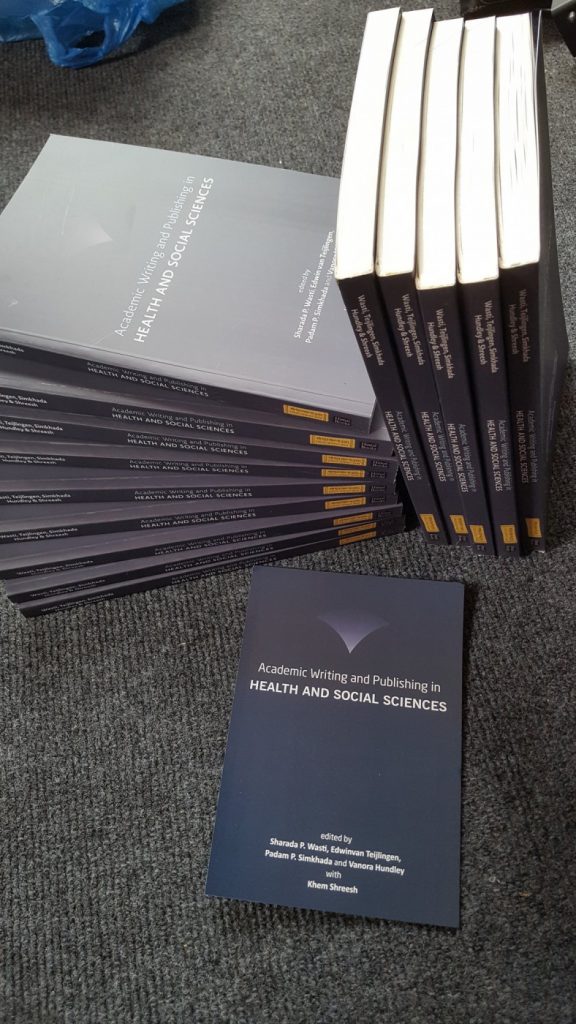
Prof. Edwin van Teijlingen
CMMPH
Reference:
Wasti, S.P., van Teijlingen, E., Simkhada, P.P., Hundley, V. with Shreesh, K. (Eds.) (2022) Academic Writing and Publishing in Health & Social Sciences, Kathmandu, Nepal: Himal Books. [ISBN: 9789937117609]
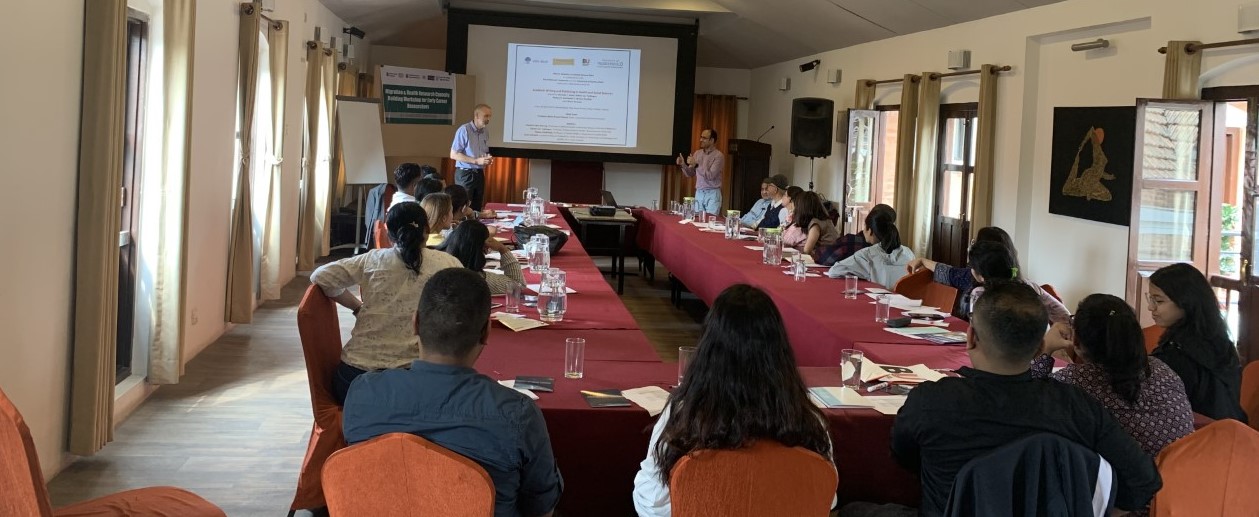

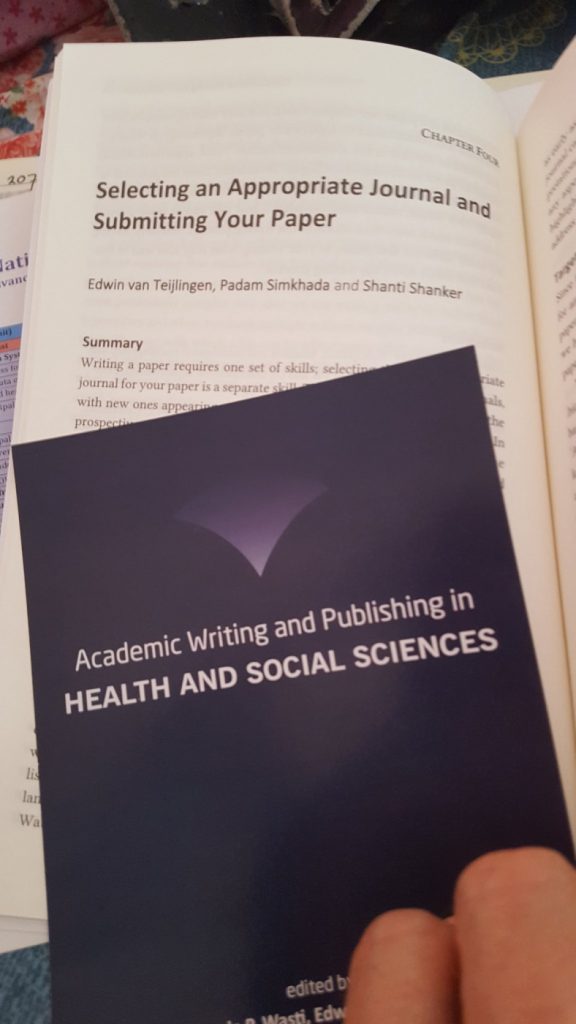
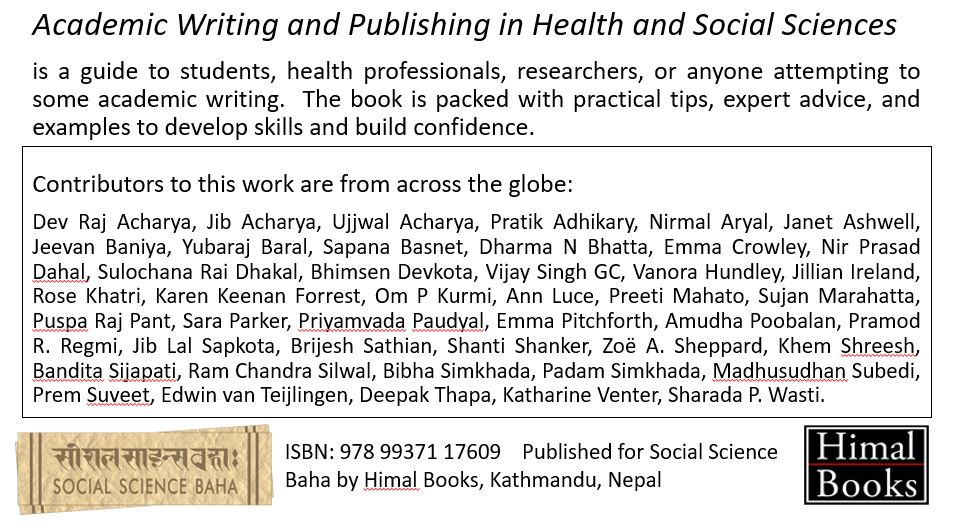
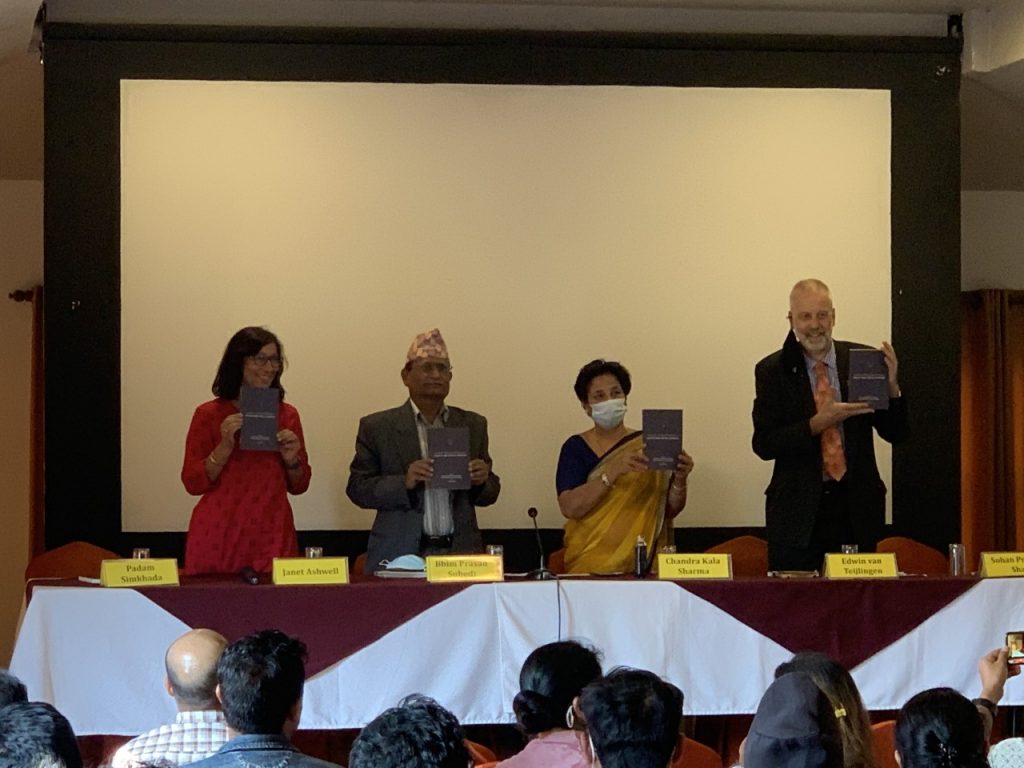
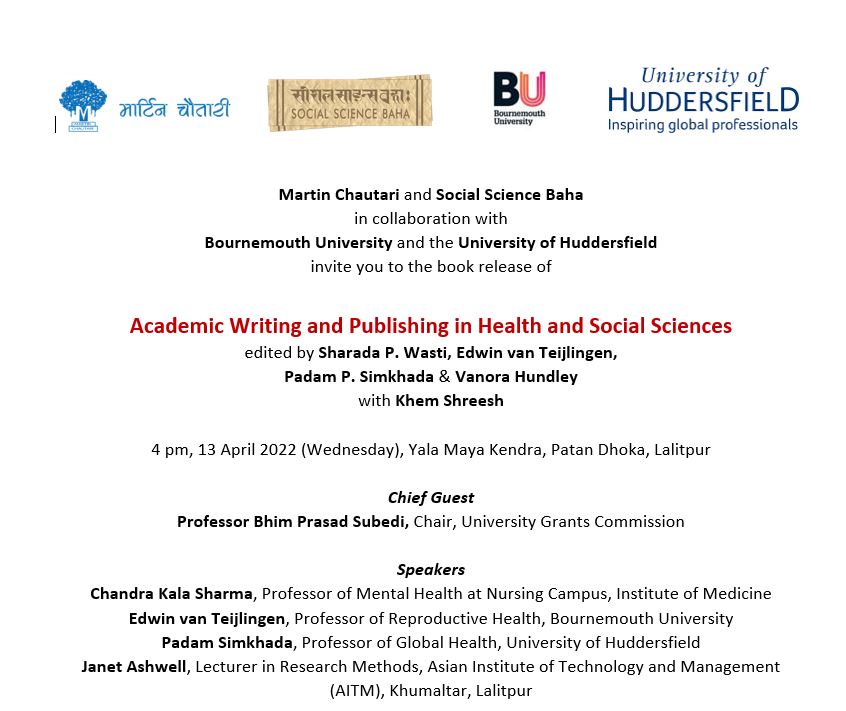
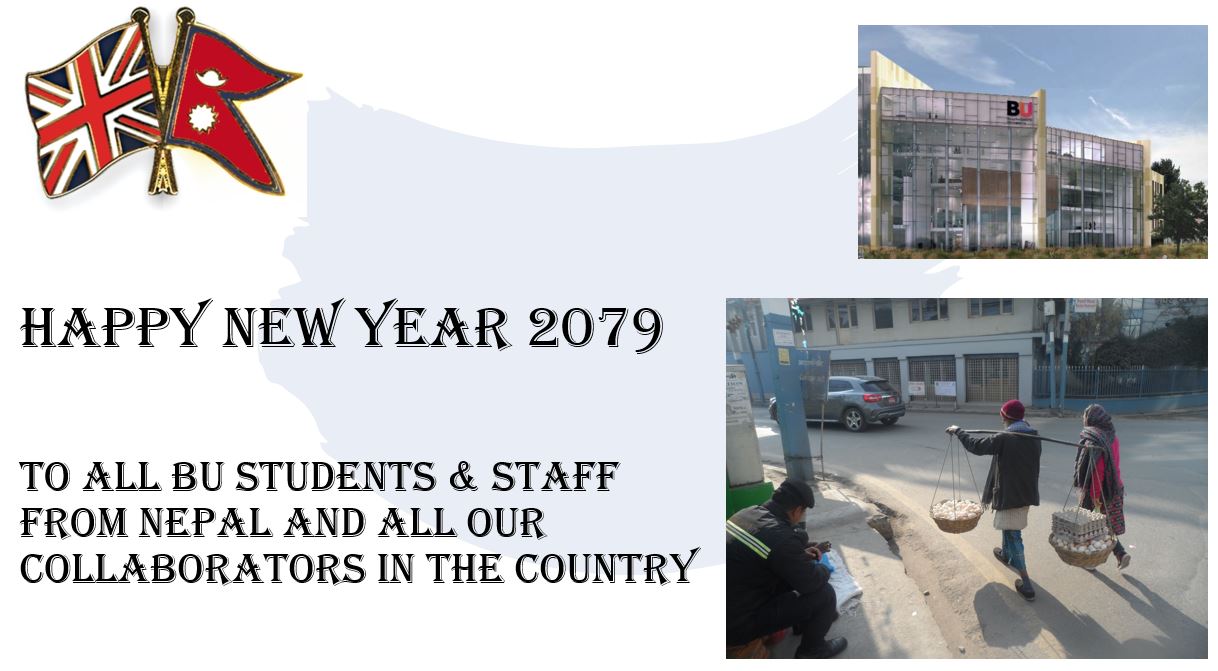
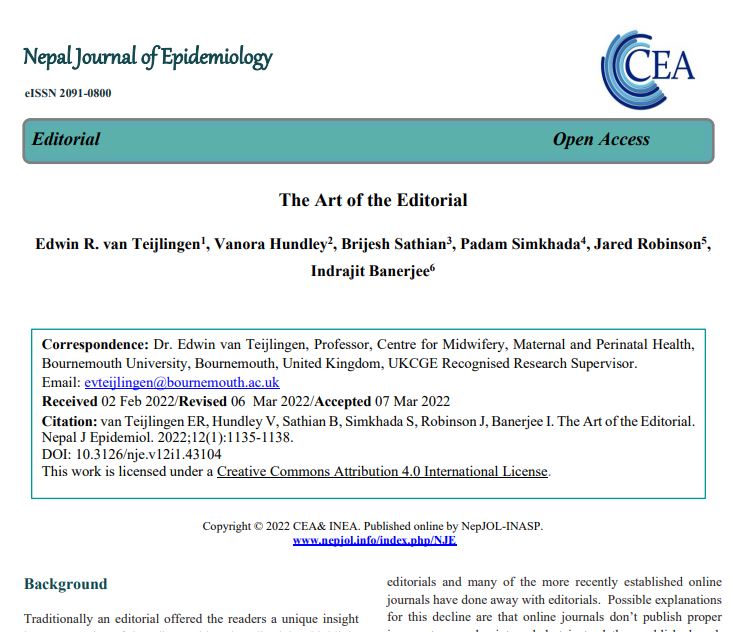

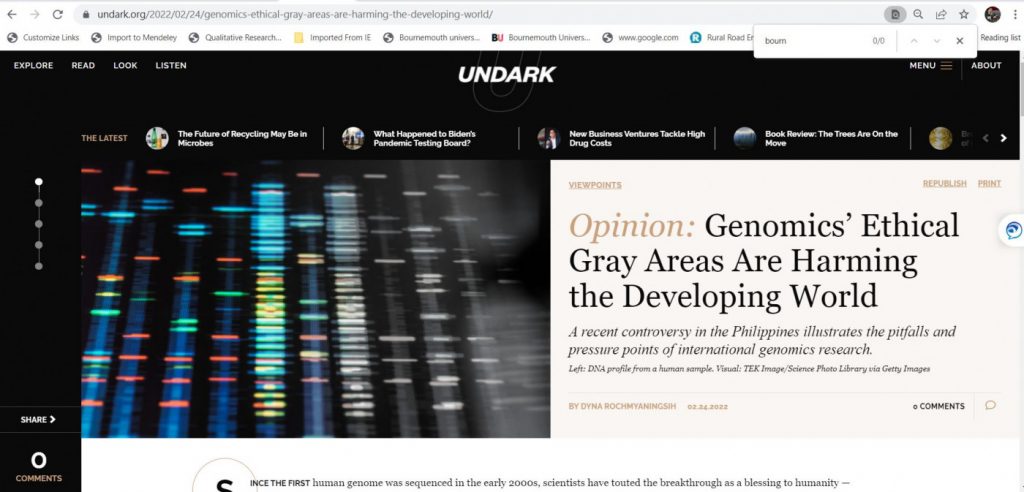
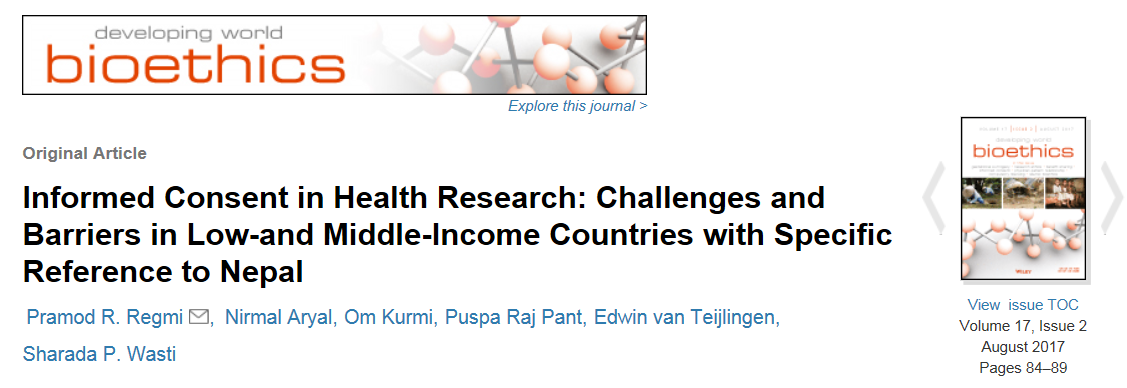
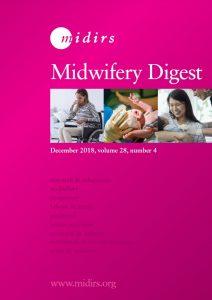
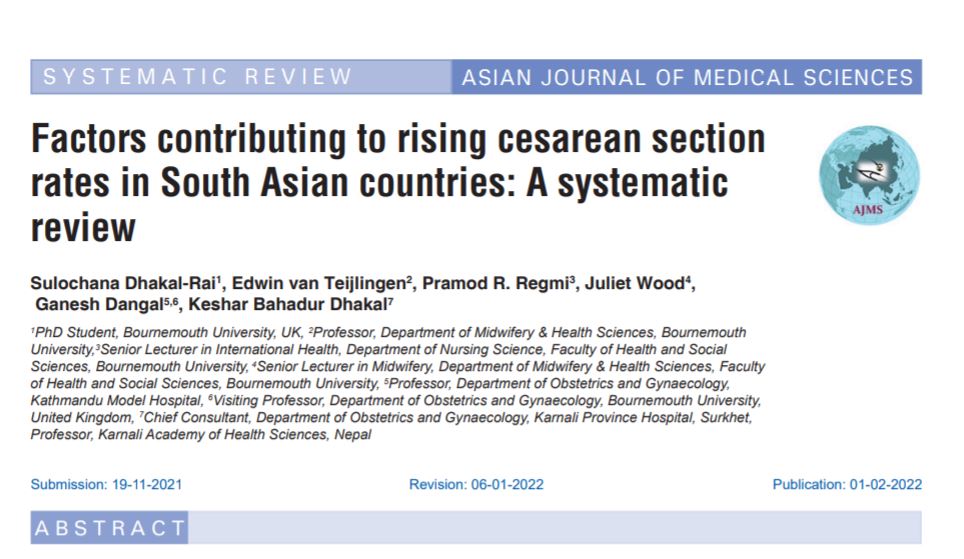 Congratulations to Bournemouth University’s PhD student Sulochana Dhakal-Rai on the publication today of the latest paper from her research thesis. This latest paper ‘
Congratulations to Bournemouth University’s PhD student Sulochana Dhakal-Rai on the publication today of the latest paper from her research thesis. This latest paper ‘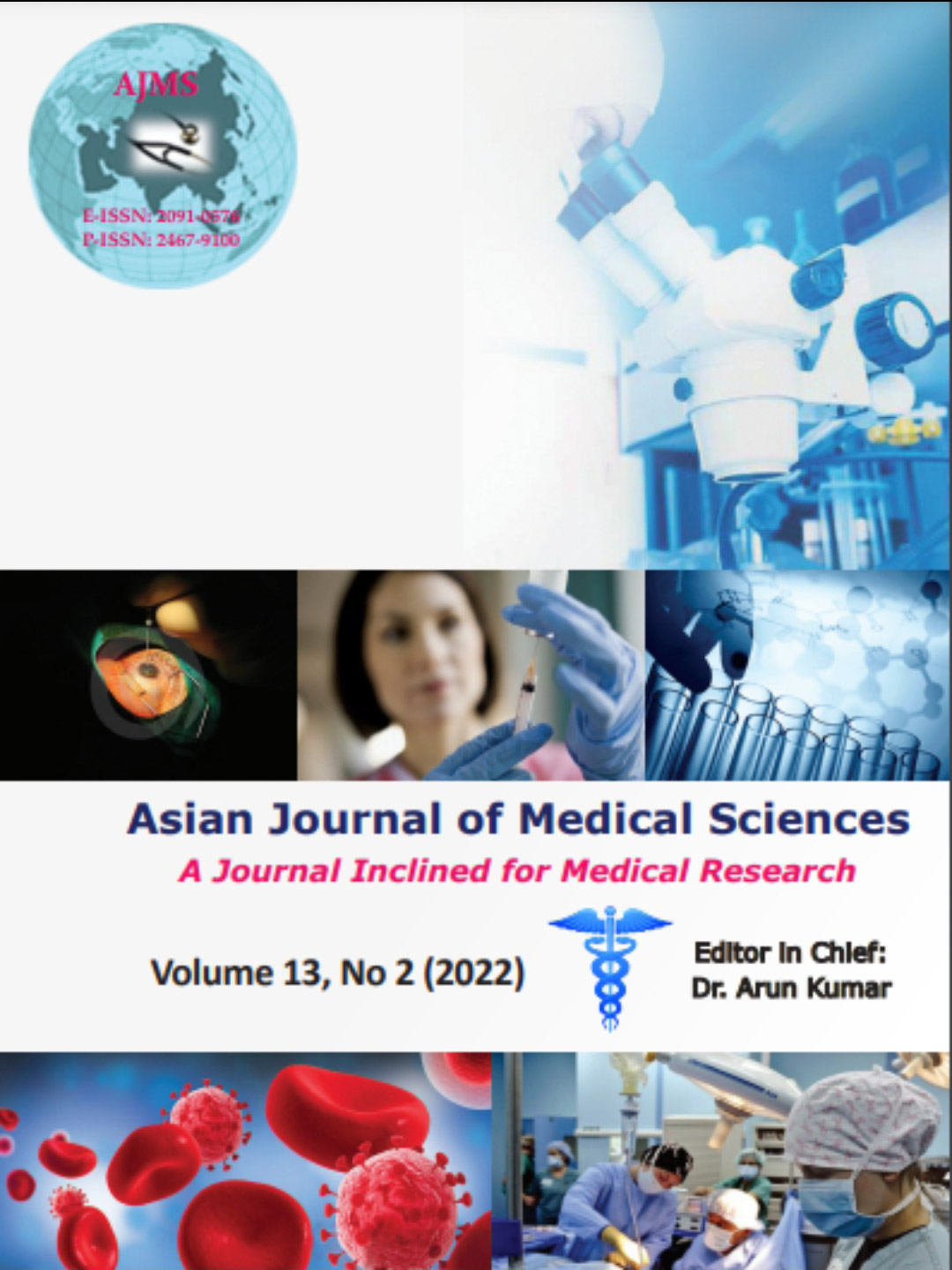 The paper is part of her PhD study of the rising CS rate in Nepal. This systematic review is co-authored with her BU PhD supervisors, Dr. Juliet Wood, Dr. Pramod Regmi and Prof. Edwin van Teijlingen as well as her Nepal-based supervisors Dr. Ganesh Dangel (FHSS Visiting Faculty) and Dr. Keshar Bahadur Dhakal. This is the sixth paper from Sulochana’s interesting and highly topical PhD thesis. The previous five were published in 2018, 2019 and 2021 [2-6].
The paper is part of her PhD study of the rising CS rate in Nepal. This systematic review is co-authored with her BU PhD supervisors, Dr. Juliet Wood, Dr. Pramod Regmi and Prof. Edwin van Teijlingen as well as her Nepal-based supervisors Dr. Ganesh Dangel (FHSS Visiting Faculty) and Dr. Keshar Bahadur Dhakal. This is the sixth paper from Sulochana’s interesting and highly topical PhD thesis. The previous five were published in 2018, 2019 and 2021 [2-6].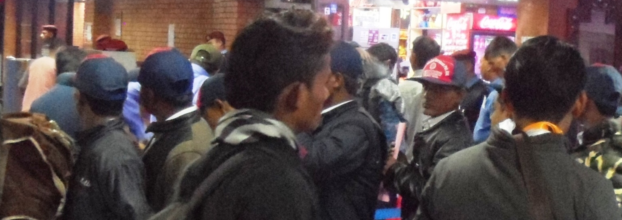

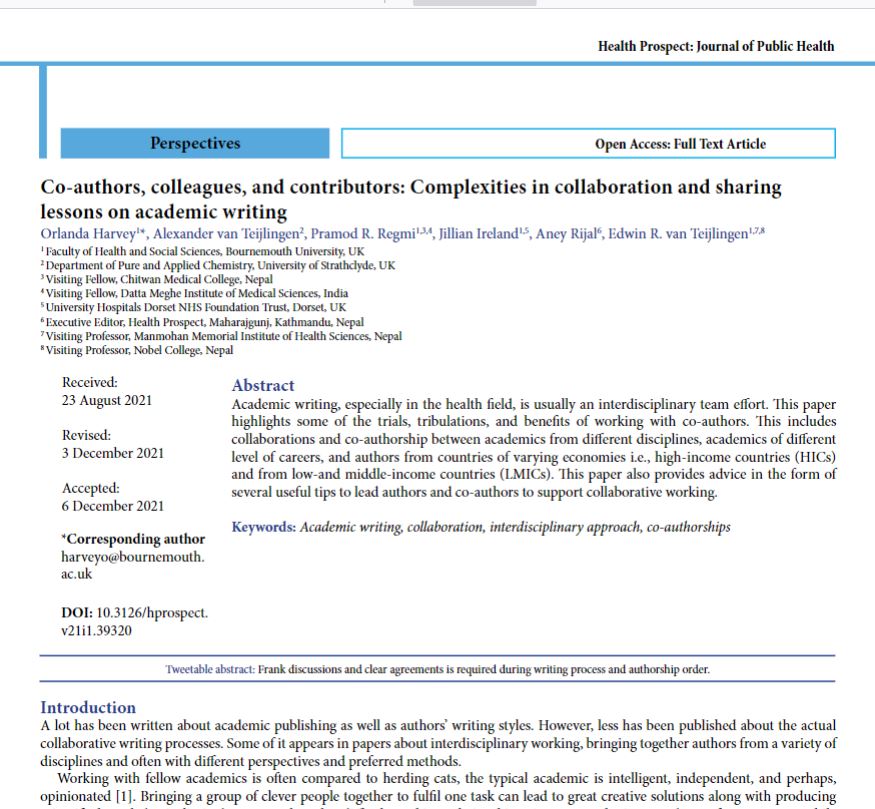
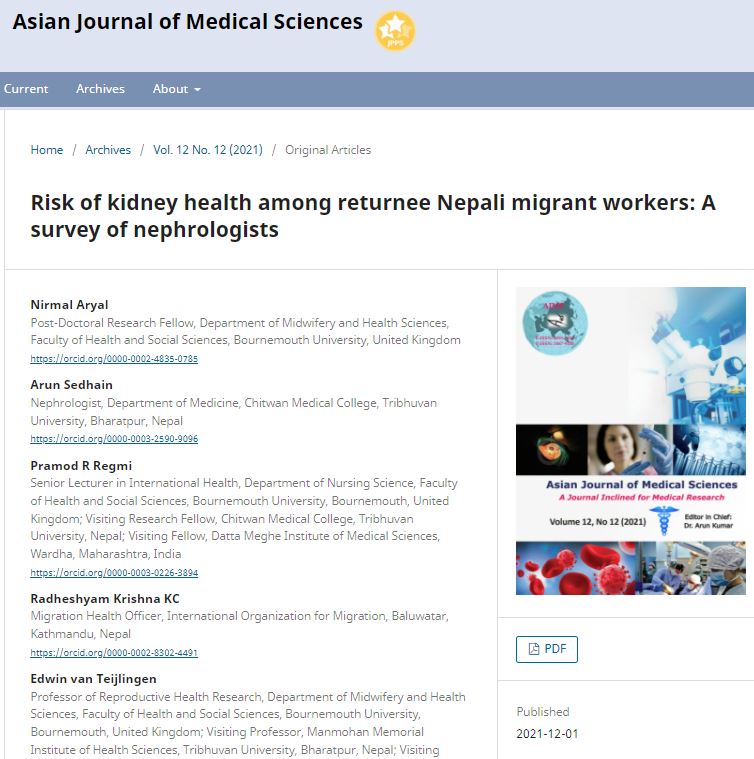

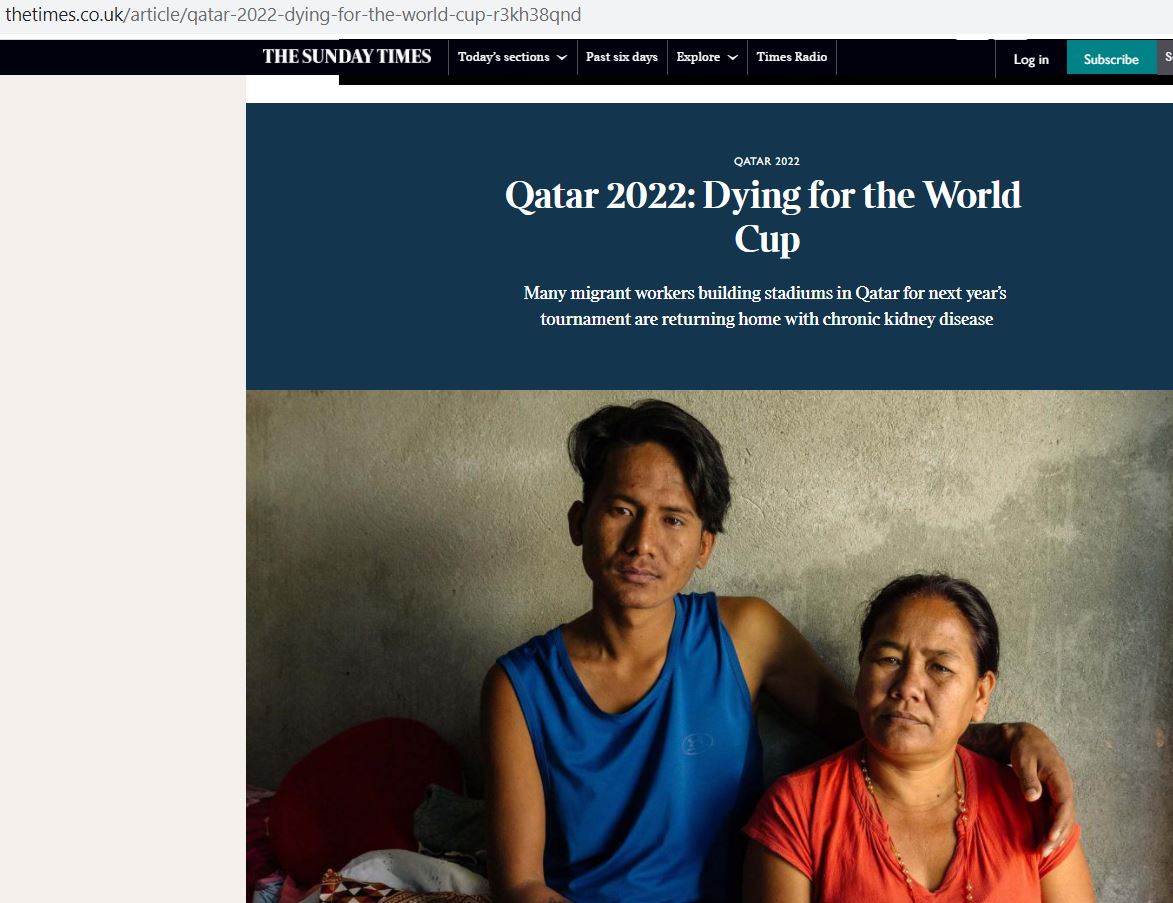
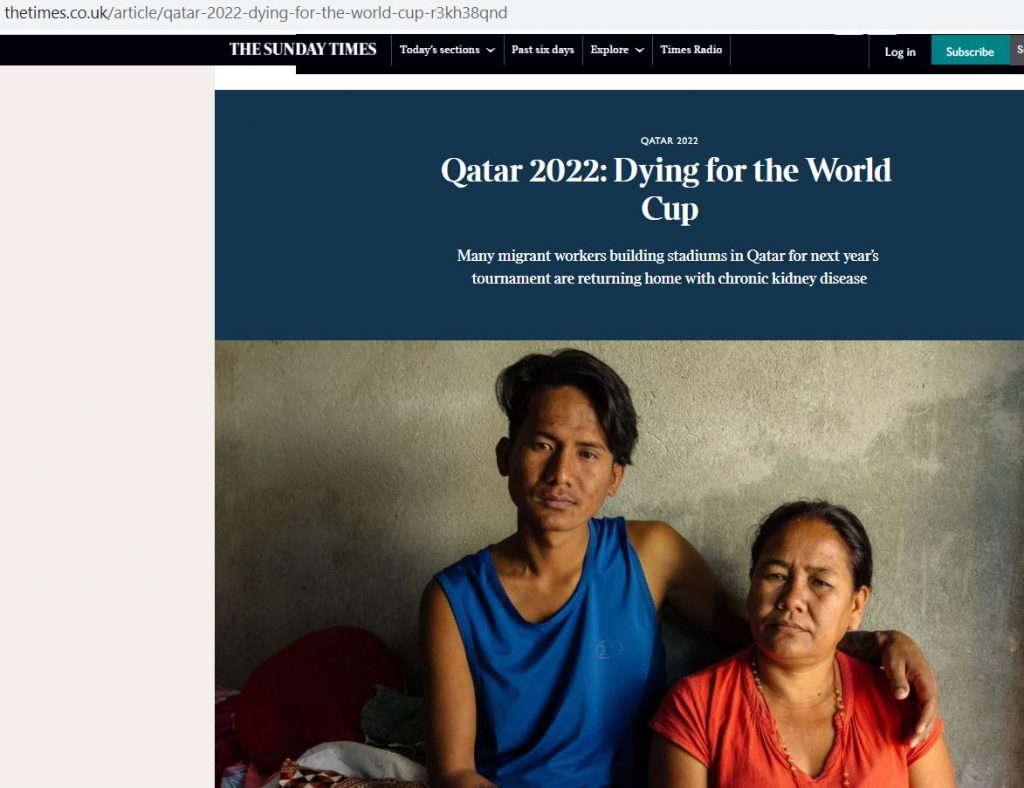

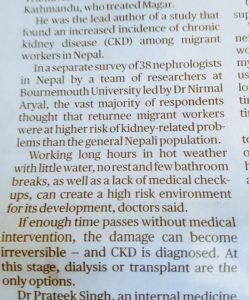
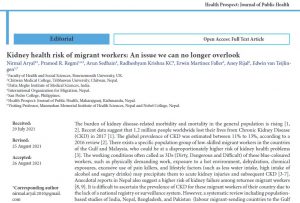
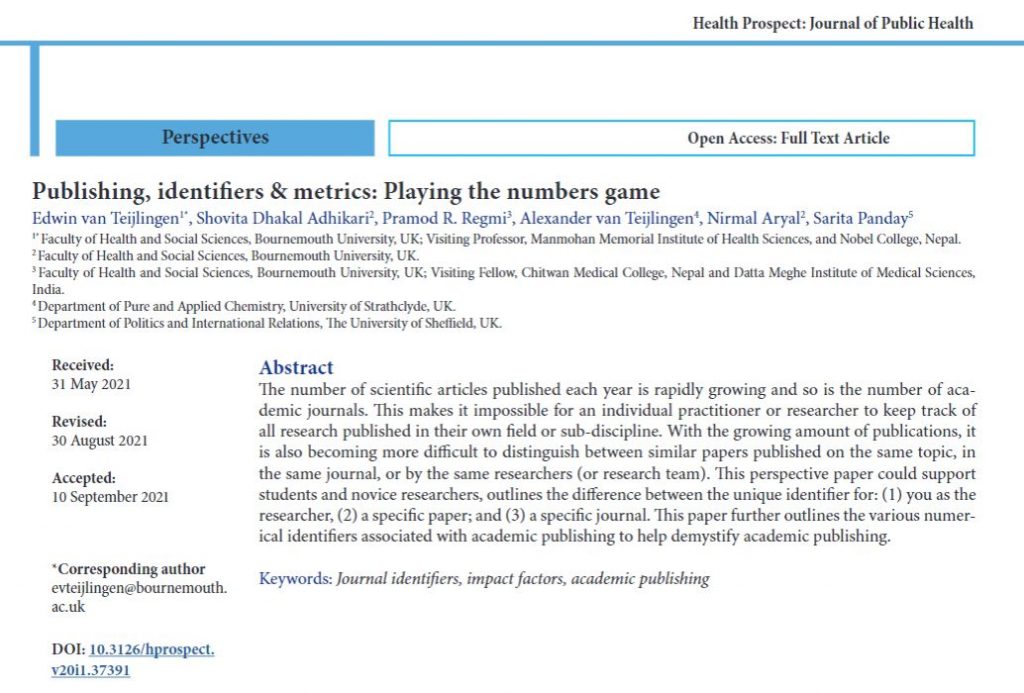


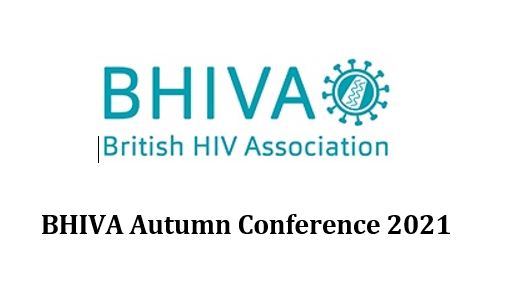


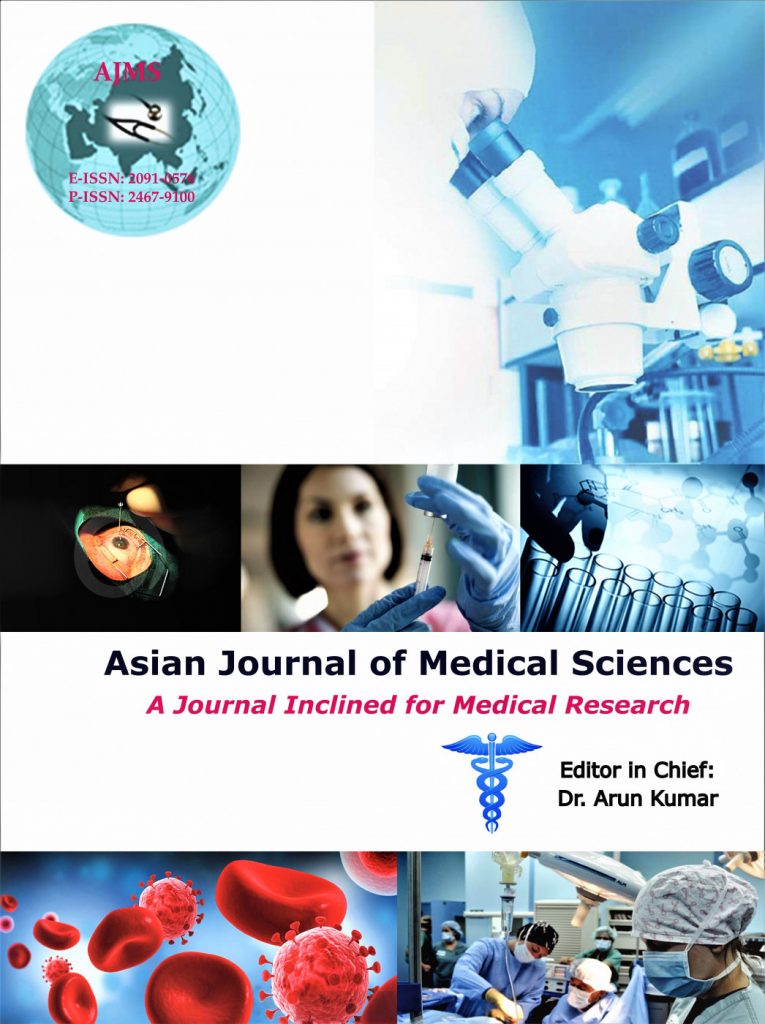
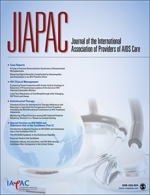
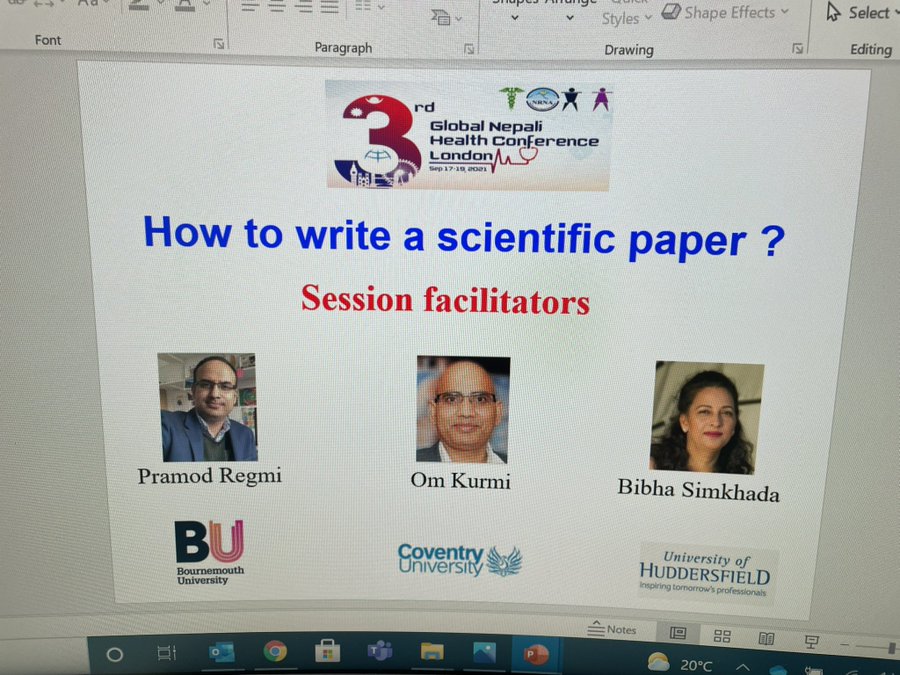











 SPROUT: From Sustainable Research to Sustainable Research Lives
SPROUT: From Sustainable Research to Sustainable Research Lives BRIAN upgrade and new look
BRIAN upgrade and new look Seeing the fruits of your labour in Bangladesh
Seeing the fruits of your labour in Bangladesh Exploring Embodied Research: Body Map Storytelling Workshop & Research Seminar
Exploring Embodied Research: Body Map Storytelling Workshop & Research Seminar Marking a Milestone: The Swash Channel Wreck Book Launch
Marking a Milestone: The Swash Channel Wreck Book Launch ECR Funding Open Call: Research Culture & Community Grant – Application Deadline Friday 12 December
ECR Funding Open Call: Research Culture & Community Grant – Application Deadline Friday 12 December MSCA Postdoctoral Fellowships 2025 Call
MSCA Postdoctoral Fellowships 2025 Call ERC Advanced Grant 2025 Webinar
ERC Advanced Grant 2025 Webinar Update on UKRO services
Update on UKRO services European research project exploring use of ‘virtual twins’ to better manage metabolic associated fatty liver disease
European research project exploring use of ‘virtual twins’ to better manage metabolic associated fatty liver disease